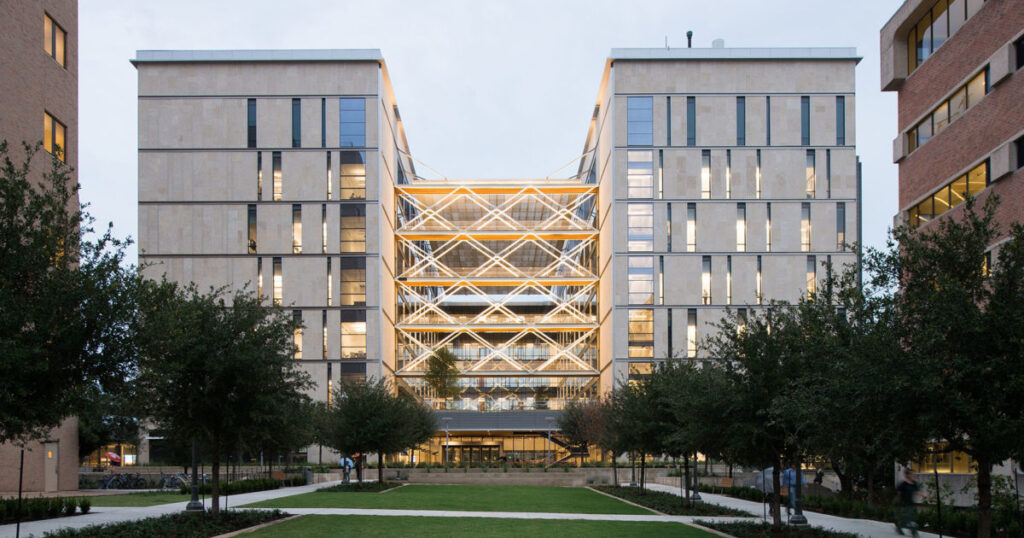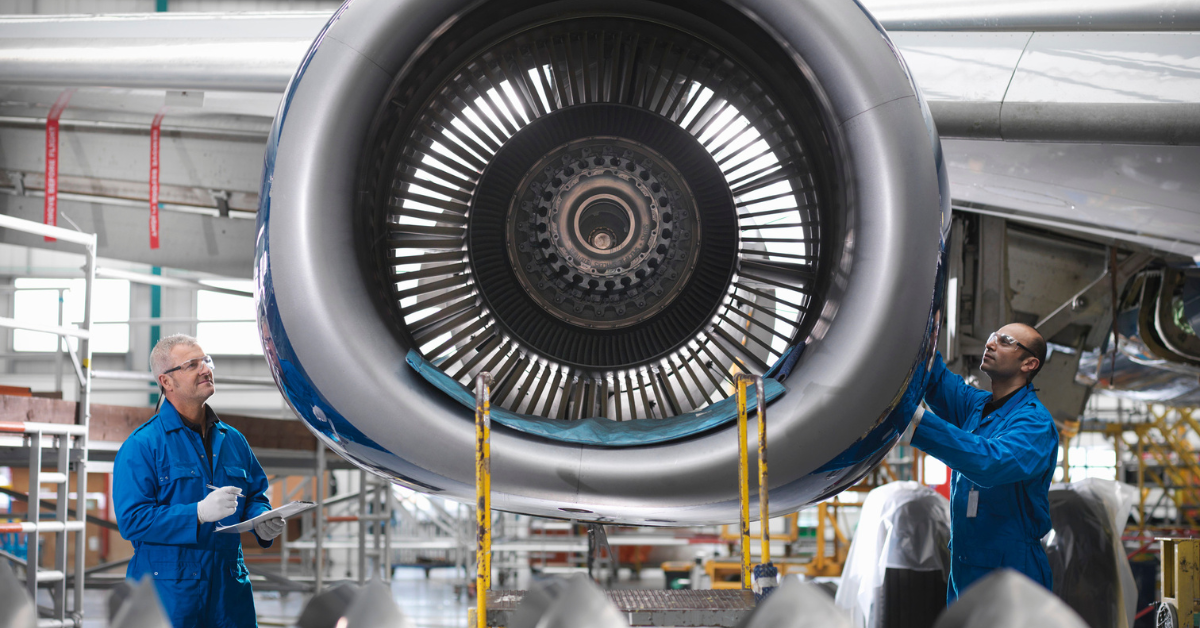
The University of Texas at Austin Cockrell School of Engineering. (Image source: The University of Texas)
Two teams from the Cockrell School of Engineering at the University of Texas are making significant strides in semiconductor research thanks to their participation in the National Science Foundation (NSF) Future of Semiconductors (FuSe) program. This collaborative initiative, funded by the NSF and supported by industry leaders and the federal CHIPS Act, aims to advance semiconductor technologies, manufacturing processes, and workforce development.
The Cockrell School of Engineering’s involvement in the FuSe program underscores the institution’s commitment to becoming a leading global player in semiconductor research. The program will allocate $45.6 million in funding to support 24 research and education projects across 47 institutions.
One team, led by Professor Li from the Walker Department of Mechanical Engineering and Professor Xiuling Li from Electrical and Computer Engineering, is focused on integrating gallium nitride and boron arsenide semiconductor materials. By leveraging the superior heat conduction properties of boron arsenide, the team aims to enhance the performance and energy efficiency of semiconductor devices. Collaborating with researchers from the University of Texas at Dallas, University of Michigan-Ann Arbor, and Ohio State University, this project also includes a workforce training component to equip students from diverse backgrounds with the skills needed for the semiconductor industry.
Another team, led by Professor Deji Akinwande from Electrical and Computer Engineering, is collaborating with researchers from Washington University in St. Louis, Massachusetts Institute of Technology, and the University of California Los Angeles. Their project focuses on developing next-generation semiconductor processors using ultra-thin, two-dimensional semiconductor materials. Integrating materials research, electronic devices, and innovative circuitry, this work is poised to advance semiconductor technologies. The project also includes educational components, workshops, and collaborations with semiconductor companies.
The significance of these projects is heightened by the global effort to enhance semiconductor manufacturing and research in response to supply chain challenges experienced during the pandemic. As the world strives to develop new technologies like artificial intelligence and autonomous vehicles, the need for improved semiconductor capabilities becomes more crucial.
The development of future semiconductors and microelectronics requires a collaborative, co-design approach that considers performance, manufacturability, recyclability, and environmental sustainability. The NSF’s investment in training the next generation of talent aims to address the industry’s demands, stimulate economic growth, and ensure a reliable and secure supply of innovative semiconductor technologies.
By fostering interdisciplinary research and breakthroughs in semiconductors and microelectronics, the FuSe program is poised to shape the future of the semiconductor industry while nurturing a skilled workforce for the years to come.
Learn more at EurekAlert and The University of Texas at Austin Cockrell School of Engineering.





























